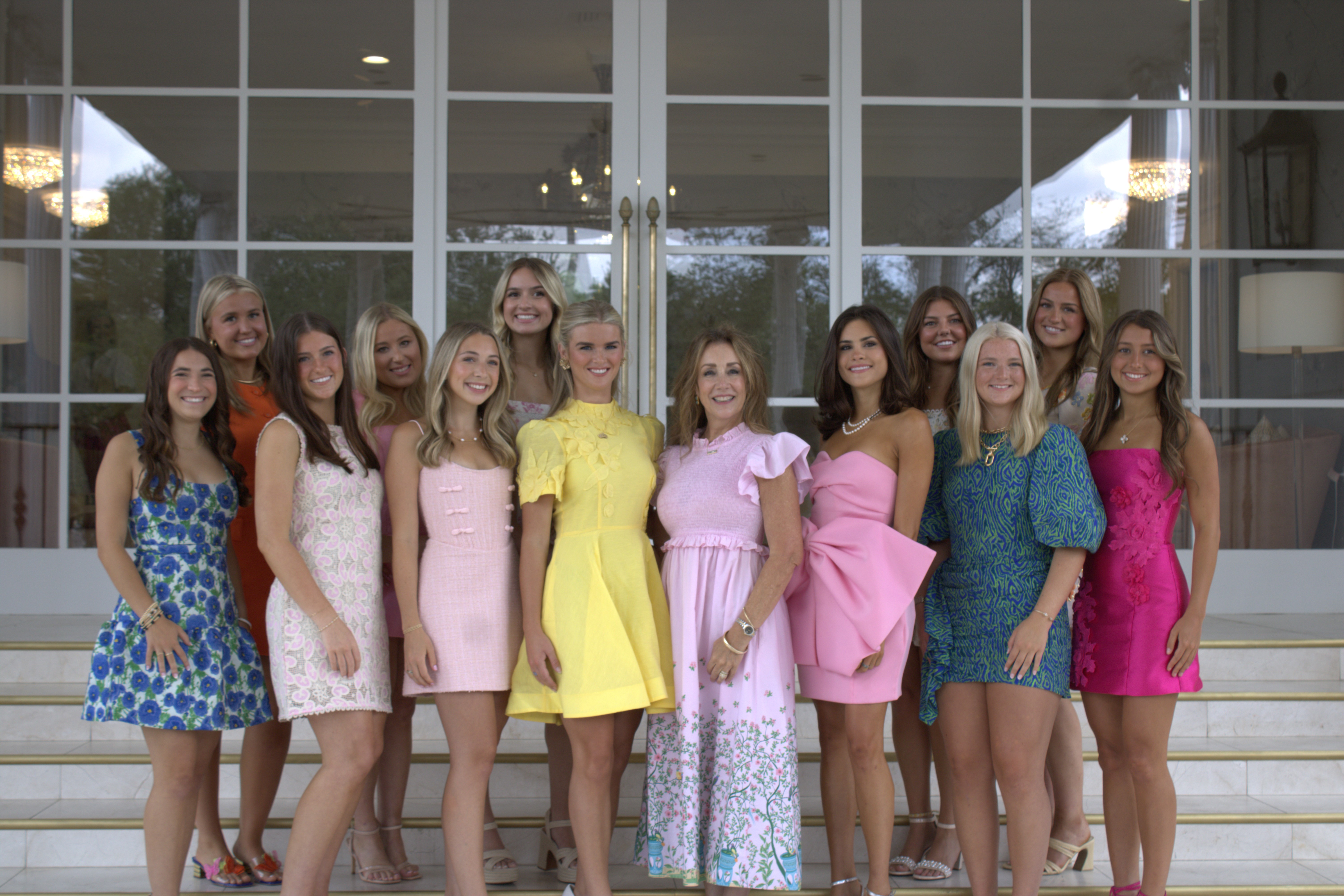Home schooling is a parent’s privilege
Published 4:11 am Monday, August 31, 2015
Home schooling is “shockingly under-regulated,” Slate magazine warns. Yes, it is – and we like it that way.
Slate’s salvo against teaching children at home has all the predictable angles.
Trending
“Thanks to a small but fierce group, home schooling is barely regulated in much of the U.S. That means child neglect – and even abuse – is falling through the cracks,” the magazine contends.
It cites a specific case from New Jersey, in which children were found to be neglected and underfed.
“The family was known to social workers, but the children were being home-schooled and thus were cut off from the one place where their condition could have gotten daily scrutiny – a classroom,” Slate contends.
The real problem, according to the magazine, is home schooling.
“Some of these families, and almost certainly a majority of (Home School Legal Defense Association) members, have religious motivations for choosing to home-school; many use alternative textbooks that teach creationism instead of evolution and offer a Christianity-centered view of American history,” Slate writes.
The horror! Here’s what Slate magazine doesn’t get.
Trending
First, parents have the ultimate responsibility for their children’s education. Parents may choose to enroll their children in a public school or a private school – or they may choose to educate their children themselves.
The Texas Supreme Court upheld this principle in Leeper v. Arlington, a 1985 case that validated home schooling in this state.
Second, let’s look at charges leveled by Slate and other opponents of home schooling. Slate says parents might do a poor job of educating their children. Some parents, the magazine points out, don’t even have a high school education themselves.
This argument might carry a little more weight if we couldn’t point to countless public (and private) schools that are already doing a poor job of educating children. Unfortunately, Texas graduates many, many young men and women who haven’t been well-served by their schools.
Still, it’s a concern. But statistics allay those fears. They show that home-schooled children do just fine on standardized tests.
Slate also charges that children might suffer neglect if they are “cut off from the one place their condition could have gotten daily scrutiny – a classroom.”
But again, there are simply too many cases of neglect that happen in full daily view of that classroom for this to be a strong argument.
Take that family cited by Slate. It was “known to social workers” – if so, where were they? Slate wants to put the onus on home schooling, but it sounds like some social workers could have been a little more attentive, if Slate’s facts are correct.
Is Slate really arguing that since we can’t rely on social workers – from the agency actually tasked with policing cases of abuse and neglect – we should force all children into public schools, so teachers can do the social workers’ jobs?
The fact is that home schooling has proven to be a blessing for many, many families. Sure it’s unregulated – and that’s one of its advantages. Parents – not the government – are in charge. As they should be.







